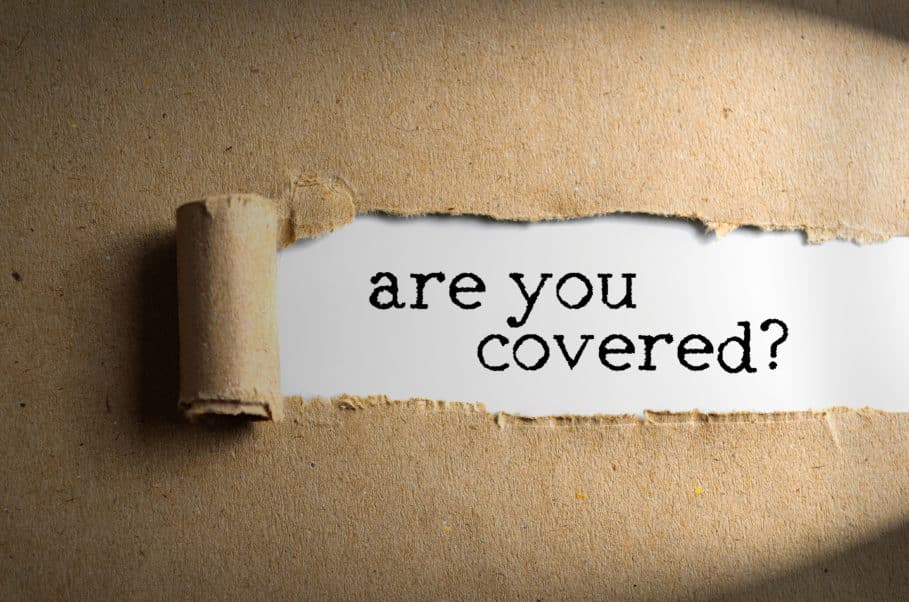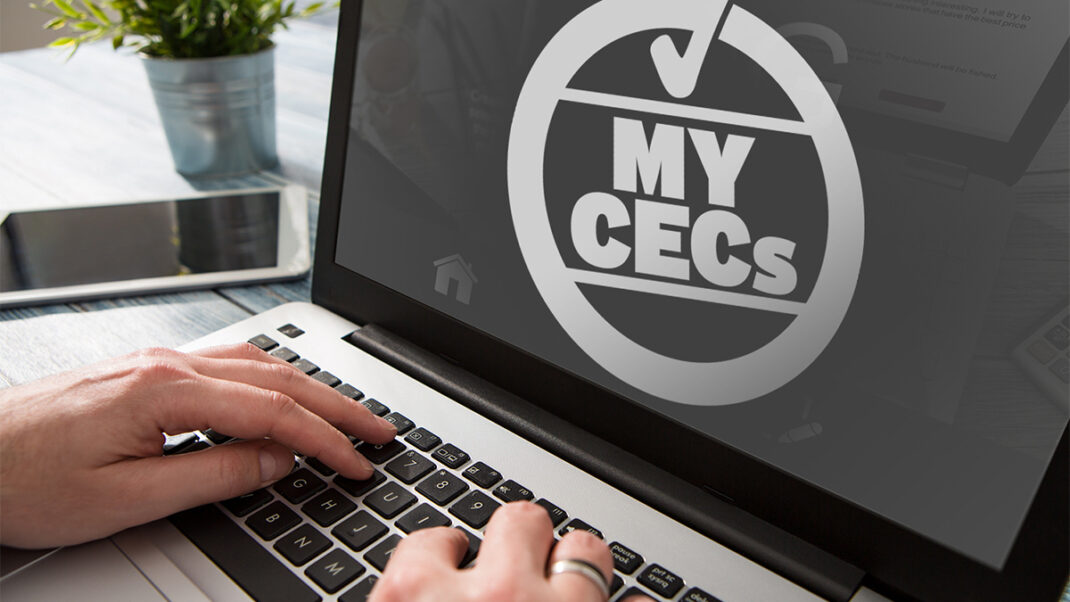How to Develop Better Work–Life Balance

Do you find yourself checking your email and responding to messages well after you’ve “clocked out” for the day? While keeping up with emails after hours might seem productive, researchers from the University of Zurich in Switzerland believe this habit could have the opposite effect.
They launched an online survey in which 1,916 employees answered questions about work–life balance. For example, respondents were asked how often they thought about work during nonwork hours; the type and frequency of recovery activities; and exhaustion levels.
People with less-strict work–life boundaries engaged in fewer recovery or leisure activities and reported higher levels of exhaustion than those who maintained better boundaries. And while drawing a clear demarcation between work and personal time can be a challenge, emphasizing recovery activities may reduce work-related exhaustion, according to the authors.
“The findings . . . can be the starting point for developing interventions,” they wrote. “For example, employees could be coached to integrate work into their non-work life in such a way that leaves them with enough time to pursue recovery activities.”
These findings were published in the Journal of Business and Psychology (2017; doi.org/10.1007/s10869-017-9520-y).
Ryan Halvorson
Ryan Halvorson is an award-winning writer and editor, and IDEA's director of event programming.






